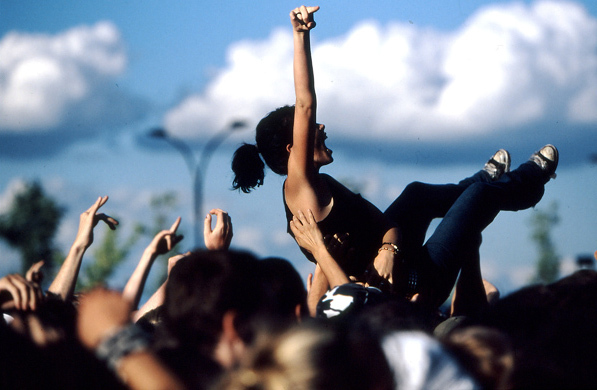
To be uncancelled, one must first exemplify changed behaviour
By Alexis Zygan, Staff Writer
Offenders often lose the trust of their community; the chance of ever being uncancelled quickly becomes unpropitious.
One user-generated definition on Urban Dictionary defines “cancelled” as “You are over with. Done for. No redemption. Be gone.” In most cases, there is no coming back after screenshots or other evidence revealing a person’s bigotry and/or corrupt tendencies is publicly shared on social media. What follows cancellation is the demise of social status and ostracization.
For some, there is a chance to be uncancelled—but only if they have taken measures towards redemption by recognizing their mistake, apologizing, and exemplifying changed behaviour. Humans are fallible; we make mistakes. Some slips are feasible to forgive, primarily when learning and growth arise after the situation. Repeat offenders often lose the trust of their community; the chance of ever being uncancelled quickly becomes unpropitious.
Cancel culture emerged in public discourse during 2017 and was first aimed at celebrities. Now, it has expanded so that brands and companies also risk being cancelled and boycotted. When protests in the name of Black Lives Matter swept the world, many companies were cancelled for their treatment of BIPOC employees and racial stereotypes that they had spread. To prevent profit loss, many companies gave public apologies and managed their image through rebranding.
Influencers are a group of aspiring celebrities who gained prominence through social media. Their follower count grants them the title of influencer while their influence is used through hashtag-sponsored advertisements. Often these people rise to fame due to a combination of pretty privilege (privilege garnered for being perceived as attractive to others) and putting on display a life that others dream they could have. A big part of the influencer lifestyle is partying with other influencers and creating content together. When COVID-19 regulations restricting the number of people in gatherings came into place, many influencers treated them as mere suggestions rather than explicit measures to keep others (predominately seniors and vulnerable citizens) safe. Too many influencers chose to continue hosting parties to create content for social media instead of following governmental guidelines. People responded to the influencers with outrage; the public was frustrated with their lack of empathy, unwillingness to wear a mask, and failure to stop partying like the rest of us had. Once public opinion spread, influencers responded with apology videos asking for forgiveness from their fans and telling them to be smarter than they had been. Influencers who failed to show changed behaviour do not deserve to be uncancelled. Youtuber D’Angelo Wallace made an in-depth video called “Influencer-19” discussing the behaviour of influencers during COVID-19.
Only once a person or company exemplifies changed behaviour can they be uncancelled. An apology is only the beginning in the process of regaining the trust of their community. Mistakes are inevitable, but once mistakes become a pattern of behaviour, it is hard for anyone to be sympathetic.


